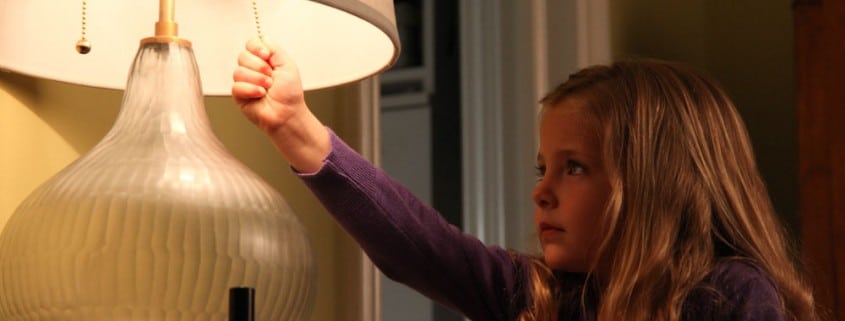Energy updates that make sense
By Brian Sloboda
When it comes to energy efficiency, there are two ways to measure improvements. The first is the payback period. This is the amount of time that the improvement will pay for itself. The second is comfort. Improvements can often increase the comfort level of a home. This is not easy to measure, but it is one of the driving forces behind home weatherization efforts. There are several areas of the home that can be improved easily, without breaking your budget.
Lighting
In recent months, the price of LED lamps for residential consumers has steadily declined. 60W LED lamps can be purchased at many big box retailers for $10 or less. LEDs can save 60 percent or more when compared to incandescent bulbs – and last for several years. It should be noted that care should be taken when selecting a bulb for a fixture that uses a dimmer, as not all dimmers will work with LED bulbs. There are also flickering issues with poorly made LEDs.
Heating and air conditioning
The Energy Information Agency estimates that heating and air conditioning account for 22 percent of a typical home’s annual electric bill. Options such as an air source heat pump or a ground source heat pump can be 20 to 45 percent more efficient than the existing heating or cooling system in the average home. However, the upfront cost is often a barrier to adoption.
Simple solutions such as changing air filters at least every three months will increase airflow to rooms, increase the life of the HVAC unit’s motor and improve the air quality of the home. Sealing and insulating ductwork can be completed in a weekend and result in energy savings of up to 20 percent.
By locating and correcting air leaks, you can lessen the amount of work that heating and cooling systems need to do. To locate leaks, walk through your home on a cold day and feel for drafts around exterior doors and windows, electric outlets and entrance points for TV and telephone cables. In basements, target dryer vents, gas lines or any place with an opening in the wall. To fix leaks, apply caulk, spray foam or weather stripping to these areas.
Simple acts, such as cooking outdoors on a hot summer day and keeping curtains closed to keep out summer sun, will keep the interior of the home cooler and reduce the amount of time air conditioning units need to operate.
Appliances and electronics
The appliances and gadgets that make life easier are also the largest users of electricity in our homes. When buying a new appliance, look for the ENERGY STAR label. This simple act can result in 10 to 15 percent more in energy consumption savings. Some states have adopted ENERGY STAR holidays where the sales tax is waived on the purchase of qualifying ENERGY STAR rated appliances.
More simple household tips to boost energy efficiency include:
- Cleaning lint traps on dryers and not over-drying clothes will save energy and extend the life of your clothes.
- Replacing worn refrigerator gasket doors will stop cool air from leaking from the refrigerator.
- Clean refrigerator coils and keep refrigerators away from heat-generating appliances such as an oven.
Home electronics, such as computers, TVs, DVD players and other modern devices, consume power even when turned off. This phenomenon is called parasitic load, and sometimes these devices are referred to by the more playful term, “energy vampire.” According to a study conducted by the Lawrence Berkeley National Laboratory, the average home loses 8 percent of its monthly energy consumption to these energy vampires. A full 75 percent of the power used to run home electronics is consumed when those appliances are turned off, according to the U.S. Department of Energy. Cutting off power by using a power strip or a smart strip is the best way to stop this senseless loss of energy.
The best energy efficiency improvements are often the easiest. Turning lights off when leaving a room, sealing windows and doors and cleaning refrigerator coils isn’t as much fun as buying a shiny new appliance. But these simple jobs are proven ways to save energy and increase comfort.
Brian Sloboda is a program manager specializing in energy efficiency for the Cooperative Research Network, a service of the Arlington, Va.-based National Rural Electric Cooperative Association.





Leave a Reply
Want to join the discussion?Feel free to contribute!